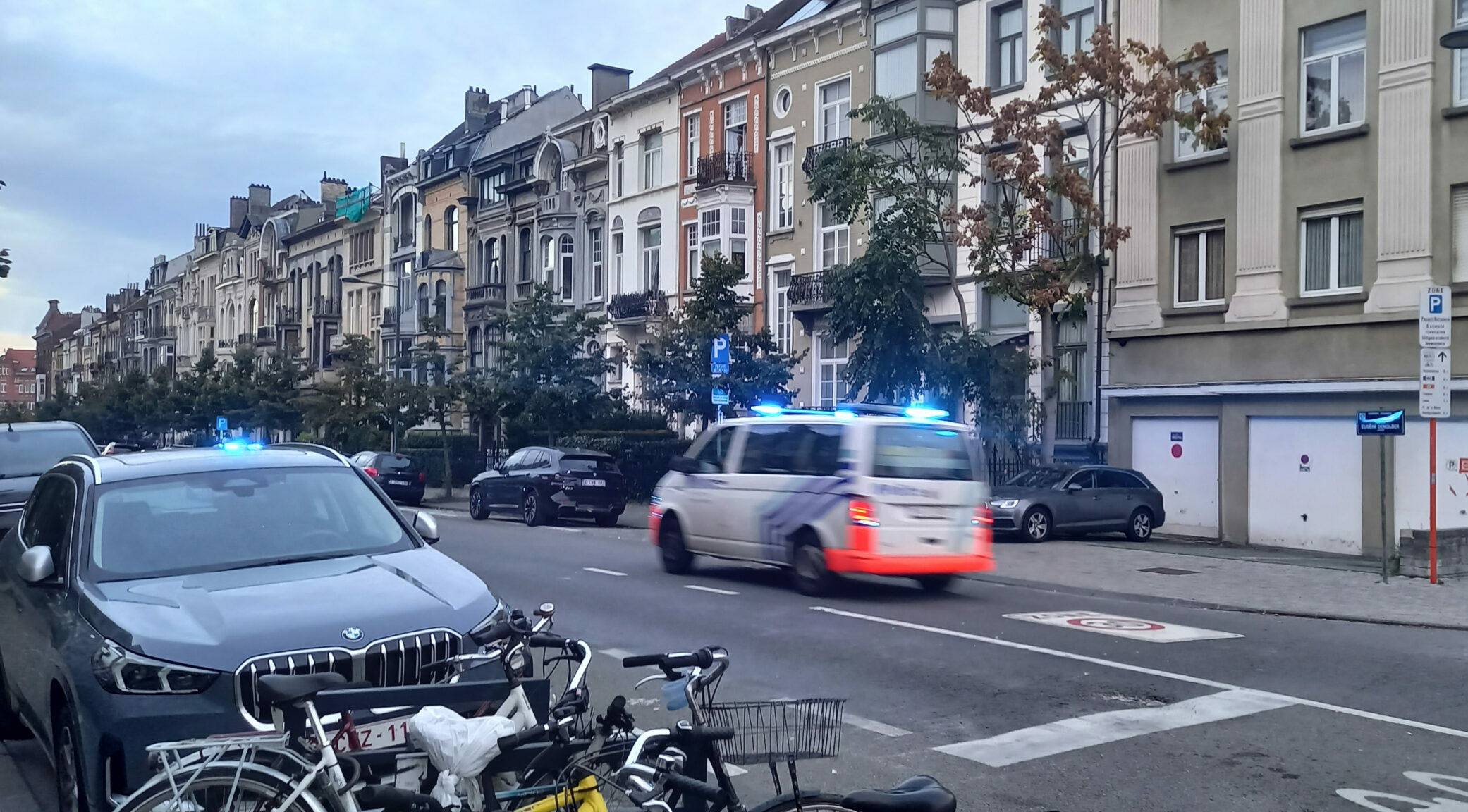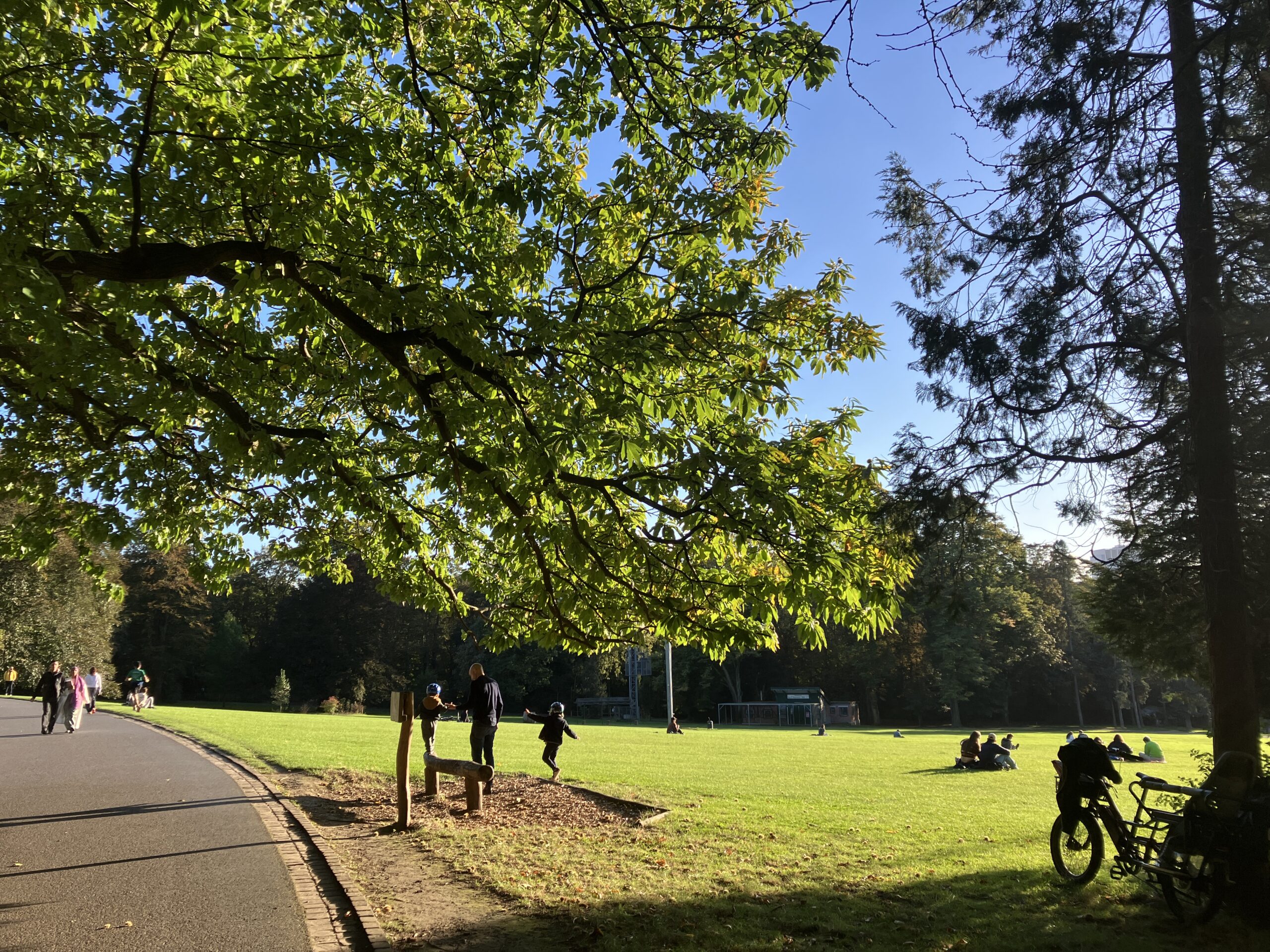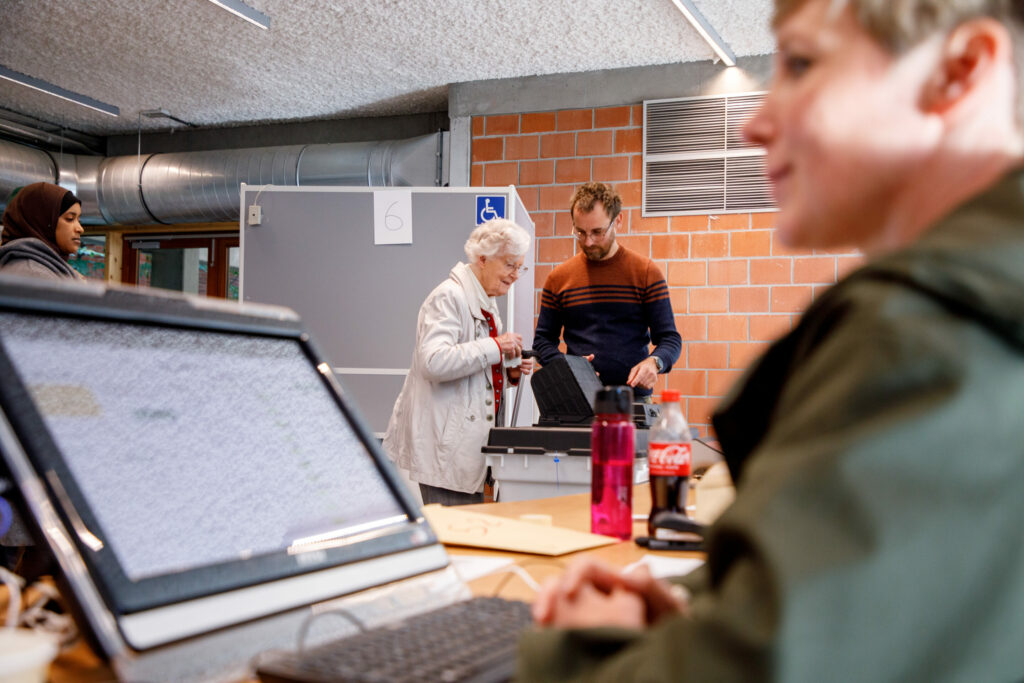Almost 650,000 people were registered to vote in the Brussels local elections on Sunday 13 October. The Brussels Times took to the streets to ask people what their main concerns and desires were before they cast their vote.
As opposed to the regional and federal elections which took place on 9 June this year, today's elections affect people much more directly and on a daily level, given the power communes have in the country's political system. These were the issues on voters' minds.
Safety and cleanliness
A Flemish IT specialist named Jan (65), who is living in Marolles, told The Brussels Times that he is most concerned about security issues and noise pollution. The urgency of these issues was mirrored in the run-up to the election: almost all programmes of the lists running for election mentioned safety concerns and how these would be tackled.
One 82-year-old pensioner living in the City of Brussels, however, noted that candidates vowing to introduce more police officers will not solve the problem. "What we need is police officers who actually do their job well."
In Schaerbeek, (drug-related) crime and the impact this has on residents has made headlines for months, with public shootings contributing to safety concerns. One elderly woman who lives near Parc Josaphat in Schaerbeek said that, while security was a major issue for her, this is less so than before.
"I used to feel quite scared in my neighbourhood, there were lots of young people using drugs and strange things going on. But now, it is much more calm, touch wood, and I get on well with my neighbours."

Illustration image of police in Schaerbeek. Credit: Belga/ Nicolas Maeterlinck
An elderly couple who have lived in Etterbeek for several years only had good things to say about the commune and how safe they feel. "We have never had any problems here," the woman said. Her partner added that he liked how calm Etterbeek was. "Even at night, there are no issues. All the neighbours are kind, and you can tell people are proud to live here."
Another retired couple, living in the commune for some 25 years, did mention that the issue of cleanliness had worsened, especially in the past two years. "Sometimes it is really dirty on our streets," the woman said. In a recent survey by The Brussels Times and Voka, expats living in Etterbeek gave it a cleanliness rate of 63%.
Affordable housing
Brussels is in the midst of a housing crisis. Both rent and property prices have skyrocketed in recent years as demand for both far outweighs supply, and there is currently a social housing waiting list of 50,000 people, with an average waiting time of 12 years. This was reflected on the ground.
Two young women at a polling station in Schaerbeek's Dailly neighbourhood felt that providing accessible housing was a key challenge across the region. "That's one evolution we have seen, the increase in rents," one said. "In six or seven years, rents have risen enormously, not just in our commune but everywhere." One of the women noted that it is clear this is a key issue for voters generally, as almost all lists have taken a stance on making rents cheaper, but also building social housing.
Danielle, a 57-year-old artist living in Marolles, argued that there does need to be a mixture of people from different social backgrounds. "Obviously, people need help, but we should steer clear from ghettoisation. "Communities need to mix. For example, the cluster of social housing on Rue Haute is bringing the whole area down."
Environmental and mobility concerns
When it comes to improving the public space, two young women in Schaerbeek said they had seen a lot of positive evolutions in recent years. "Mobility-wise, there have been improvements, especially benefitting cyclists and vulnerable road users," one said. She noted that alongside mobility, adding more green spaces is key.
Her friend agreed, noting that the Friche Josaphat issue played a crucial role in deciding her vote. For two years now, there has been contention on a regional level between PS on the one hand and Ecolo and Groen on the other to build flats on the stretch of nature next to Parc Josaphat, where rare birds and insects live.

Park Josaphat in Schaerbeek. Credit: Lauren Walker/The Brussels Times
She added that, more generally, systematically replacing concrete with greenery will be crucial in the fight against climate change. "Flooding will become increasingly common in Belgium, and cities like Brussels where the ground is less permeable will be particularly vulnerable to the effects of this. The same goes for heatwaves."
Both stressed the importance of safeguarding the gains made in improving air quality, largely thanks to Good Move and the Low Emission Zones (LEZ). Both have helped significantly lower nitrogen dioxide (NO2) concentrations – one of the pollutants with the highest documented impact on human health.
Political considerations
One man living in Etterbeek who voted for the first time said his key priority was blocking the rise of the extreme right or right-wing politics. "These forces are starting to invade the public arena and public debates. For me, it is important to support the parties that are trying to humanise topics that have been dehumanised by right-wing politicians."
Another man, who was approached at a polling station in Dailly and has lived in Schaerbeek for 15 years, was pleased with the work done by the current coalition – consisting of the Liste du Bourgmestre (DéFI, Schaerbeek Liberals, Open VLD and independents) and Ecolo-Groen.
"They're attentive, they do their work, but that's not why I'm voting for them," he said. "I am voting for them because they are trying to do something for the better, to create a diverse and multicultural community."
While he is in favour of continuity, he noted that a constructive opposition is also crucial on a local level to avoid a monopolising government. "Because it's only normal for there to be different opinions. For example, when it comes to Good Move, there were rather poor choices being made, and here it was important to hear the opposition, and they voiced concerns of affected citizens."

